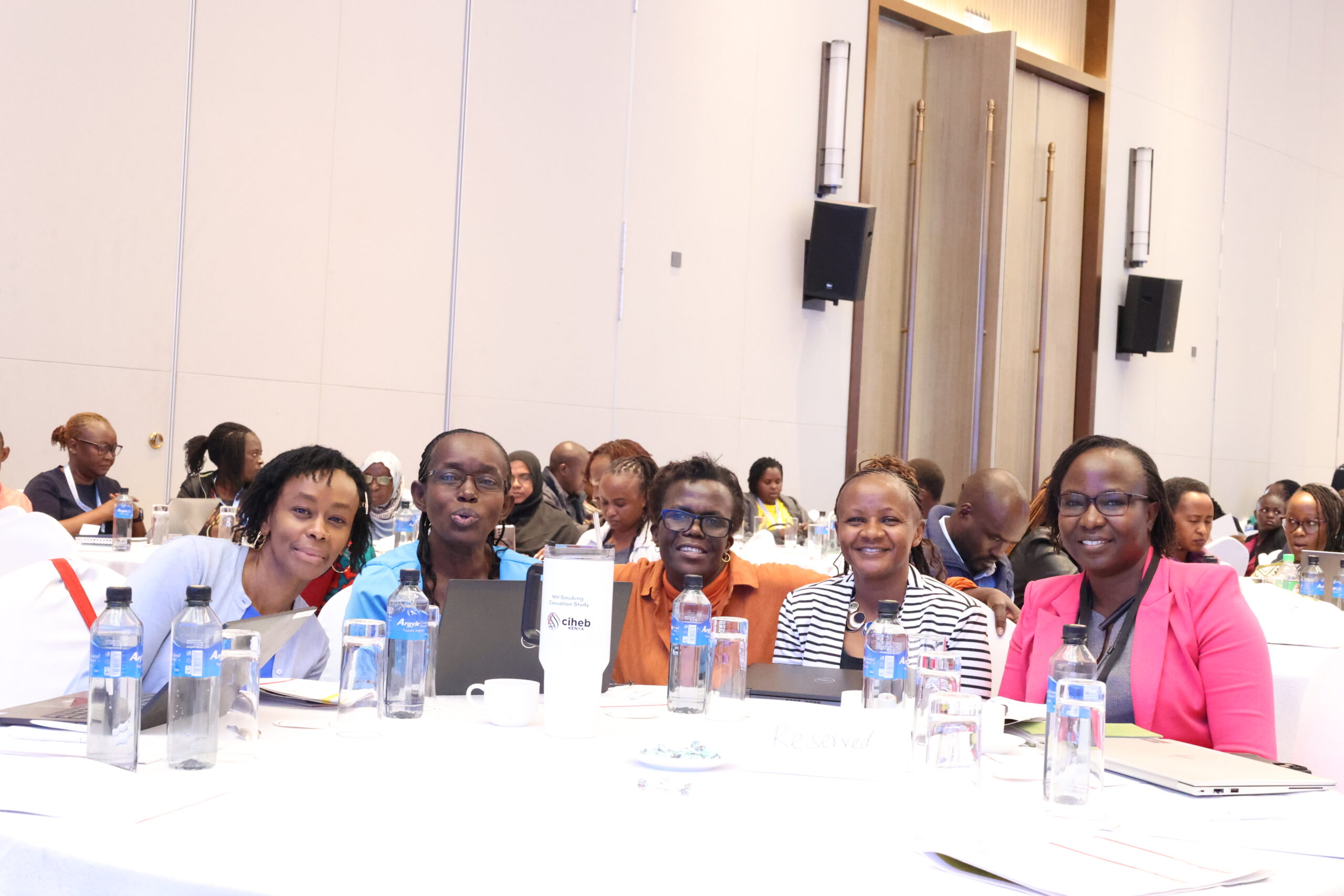The 2024 OTZ Conference brought together national and county government representatives, development partners, academia, implementing partners, healthcare workers, and young people for a dynamic three-day event. Held from September 3-5, the conference served as a critical platform for exchanging ideas, sharing best practices, and advocating for youth empowerment in HIV programming. With a specific focus on Adolescent and Young People (AYP) programming, the conference highlighted the urgent need for sustainable, youth-centered strategies to control the HIV epidemic. It was also a call to action, urging all stakeholders to recognize and support youth as key players in driving change.

Key Focus Areas
The 3 day event focused on reviewing the progress among AYPs, with a key emphasis on integrating services to ensure sustainability. Throughout the discussions, critical areas such as sexual and reproductive health rights, digital health, mental health, gender-based violence (GBV), and support for orphans and vulnerable children (OVC) emerged as essential elements of AYP programming.

Conference Outcomes and Call to Action
A clear call to action emerged from the gathering. The Ministry of Health (MoH) reaffirmed its commitment to transformative interventions that bring positive change in the lives of young people. The MoH also expressed its gratitude to development partners, implementing partners, and young people themselves for their ongoing dedication to HIV prevention and treatment efforts. There was consensus on the need to expand the OTZ program, reaching more adolescents and young people to maximize its impact on their lives. While significant progress has been made, the need to ensure more AYPs living with HIV have access to treatment, while simultaneously reducing new infections, was emphasized.
The vision for an AIDS-free generation remains at the forefront, driven by sustainable and responsive strategies that prioritize youth involvement. Stakeholders were reminded of the importance of shared learning, adopting best practices, and scaling up successful interventions to ensure that no young person is left behind in the HIV response.
The conference attracted an estimated 400 delegates, including key leaders such as Nairobi Women Representative Esther Passaris, MoH’s Issak Bashir, Head of NSDCC Ruth Masha, NASCOP Head Dr. Rose Wafula, and UNICEF’s Dorcas Abuya. County government representatives, implementing partners, and youth advocates all participated actively in shaping the discussions.
The vision for an AIDS-free generation remains at the forefront, driven by sustainable and responsive strategies that prioritize youth involvement. Stakeholders were reminded of the importance of shared learning, adopting best practices, and scaling up successful interventions to ensure that no young person is left behind in the HIV response. The conference attracted an estimated 400 delegates, including key leaders such as Nairobi Women Representative Hon. Esther Passaris, representative from MoH – Dr. Issak Bashir, Head of NSDCC Dr. Ruth Masha, NASCOP Head Dr. Rose Wafula, and Ciheb-Kenya CEO Dr. Emily Koech among others. County government representatives, implementing partners, and youth advocates all participated actively in shaping the discussions.
The event concluded with a sense of optimism and shared purpose. It provided a space not only for exchanging ideas but also for inspiring hope and fostering collaboration. With the collective commitment and dedication demonstrated at the conference, the goal of an AIDS-free generation feels more achievable than ever.

